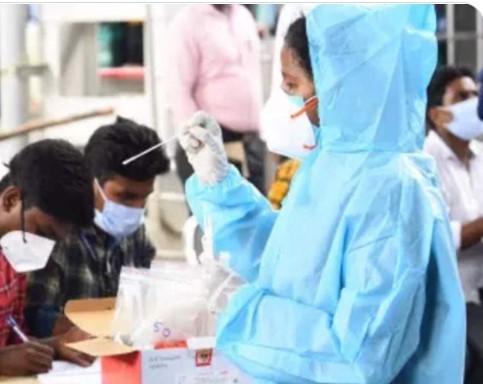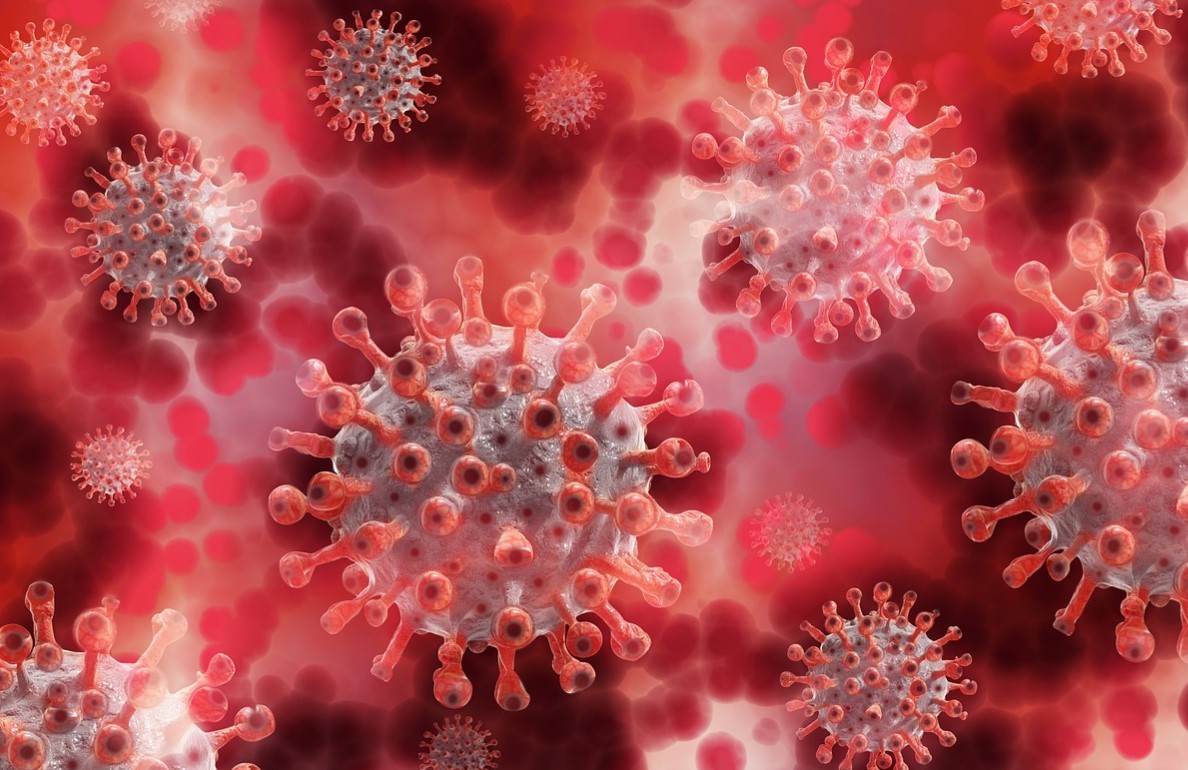India Sees a gradual rise in Covid Cases Due to a new Covid Variant BF.7. The current wave of Covid cases in India has been attributed to the Omicron sub-variant, BF.7. According to virology logic, BF.7 should be more infectious than Omicron but less fatal. This follows the pattern of viruses adapting and mutating over time to become more transmissible and less lethal in order to survive and propagate their genes, as explained by biologist Richard Dawkins in his book The Selfish Gene.
While viruses are not considered living beings by most experts due to their lack of cells, stable state, and ability to grow and produce energy, they do have genes, replicate, and adapt to their environment. The main purpose of their existence appears to be replication and propagation, as seen in the phrase “it’s gone viral” and the concept of a “mental virus” or “meme” coined by Dawkins.
For a virus to survive, it needs a host body, similar to how a meme needs a re-tweeter. If the host dies, the virus dies as well. The Covid Variant BF.7 has a higher reproductive index (R0) of 16 or 18, meaning one infected host can spread the virus to 18 more people, three times more than its parent, Omicron. However, data also shows that BF.7 has a lower fatality rate compared to Omicron, which infected a greater number of people but had a lower percentage of fatalities compared to its parent, Delta.
India has used the Covishield and Covaxin vaccines to combat the original strain of Covid that emerged in 2019. However, since then, the virus has undergone numerous changes. While it is not yet known how effective the vaccines are against the BF.7 variant, research suggests that those who received three doses of the vaccine developed considerable immunity to Omicron. Of India’s eligible population, 97% have received the first dose, 90% have received the second dose, but only 27% have received the third booster dose.
It is vital for the Union and state governments to prioritize vaccination efforts. While India has only reported a few cases of the Covid Variant BF.7 so far, it is possible for it to spread due to the increase in international travel. The elderly, particularly those with comorbidities, may be at a higher risk of mortality, but it is important to avoid the confusion and mistakes that occurred during the Delta surge, such as shortages of hospital facilities and oxygen.
New Covid Variant BF.7: India Steps Up Surveillance and Vaccination Efforts
Health ministry officials estimate that the virus usually arrives in India about 30-35 days after appearing in East Asia. This means that the Covid Variant BF.7 could reach India in January. While it is important to stay prepared and take precautions, there is no need to panic. It is necessary to learn to live with Covid, similar to how we live with the flu or “viral fever,” and remember those who have lost loved ones to the virus in order to prevent further suffering.
The Union Health Minister of India has been brifed about the global situation of Covid-19 and the current status in the country. He emphasized the need to be prepared for the potential emergence of new strains of the virus, particularly in light of the upcoming festive season, as several countries including China, Japan, South Korea, France, and the United States are seeing an increase in cases.
The Health Minister stressed that the pandemic is not over and instructed officials to be fully prepared and enhance surveillance efforts. He also urged the public to practice Covid-appropriate behavior and get vaccinated against the virus.
To track the presence of new variants in India, the Health Minister directed the strengthening of the surveillance system through the Indian SARS-CoV-2 Genomics Consortium (INSACOG) network, which involves the whole genome sequencing of positive case samples.
States and union territories have been requested to send daily samples of all Covid-positive cases to INSACOG Genome Sequencing Laboratories (IGSLs) for sequencing and the timely detection of any new variants. This will allow for the implementation of appropriate public health measures.
Symptoms of New Covid Variant BF.7
BF.7 mainly causes upper respiratory infection, meaning congestion in the higher parts of the chest and near the throat. Fever, sore throat, runny nose and cough are other common symptoms.
Some people may get stomach-related symptoms like vomiting and diarrhoea. Doctors advise that getting tested immediately is important as it can help stop the spread by ensuring early decisions on isolation and recovery drugs.
India has been reporting fewer than 200 cases a day for several days now. As for BF.7, all four cases confirmed so far came up between July and October — three in Gujarat, one in Odisha — and the patients were isolated, treated and have recovered.
The severity of illness in case of BF.7 is not higher, though the real worry is the sheer number of people it can infect as the spread is much faster, making early detection and isolation even more important. Recovery rate is high, but deaths in absolute numbers may be high if the spread is more than that of earlier variants.
Meanwhile, Bharat Biotech iNCOVACC® (BBV154), has received approval from the Central Drugs Standard Control Organisation (CDSCO) under Restricted Use in Emergency Situation for ages 18 and above, in India, for heterologous booster doses.
iNCOVACC® is a recombinant replication deficient adenovirus vectored vaccine with a pre-fusion stabilized SARS-CoV-2 spike protein. This vaccine candidate was evaluated in phases I, II and III clinical trials with successful results. iNCOVACC® has been specifically formulated to allow intranasal delivery through nasal drops. The nasal delivery system has been designed and developed to be cost-effective in low- and middle-income countries.






